POLL: The greatest Beatles album ever is...
Clue: It's not Yellow Submarine
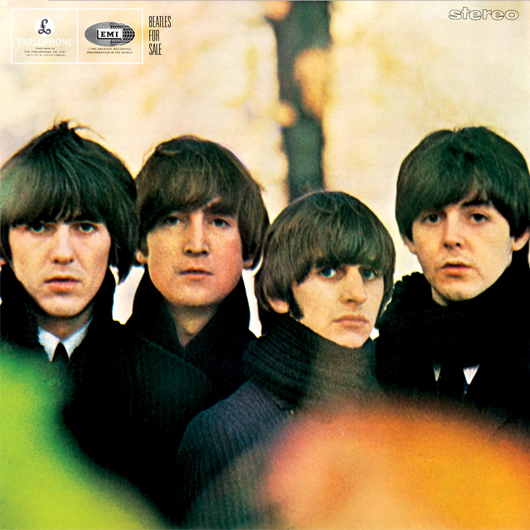
13. Beatles For Sale
In 2009, we asked MusicRadar users to vote for the best Beatles album of the band's career. Now, as we celebrate the career of producer Sir George Martin, who has died at the age of 90, we revisit our countdown of Fab Four classics...
Propping up your list in last place is Beatles For Sale. Although it’s probably fair to call it the least-popular Beatles album, rather than the worst. The band’s fourth LP includes Eight Days A Week and the John Lennon-penned I’m A Loser, marking his first ventures into directly autobiographical songwriting.
FACT: After the self-penned A Hard Day's Night, Beatles For Sale saw a return to the 1963 formula of eight originals and six cover versions, symptomatic of a gruelling live schedule.
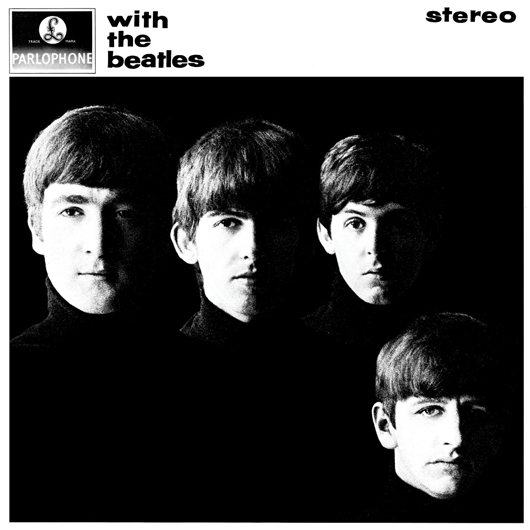
12. With The Beatles
The band’s second LP was the first to include a George Harrison-penned track (Don’t Bother Me). Most of the tracks on With The Beatles were released in the US as Meet The Beatles! with the remainder appearing on the aptly-named (if un-imaginative) The Beatles’ Second Album.
FACT: With The Beatles reached number eleven in the UK singles chart at the height of Beatlemania because, at the time, all record sales were included regardless of format.
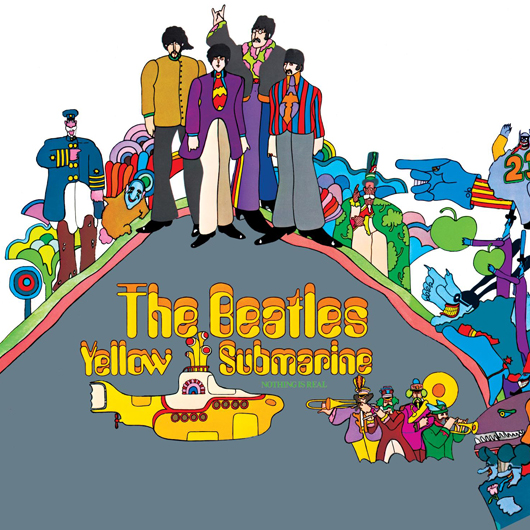
11. Yellow Submarine
The first soundtrack in the list is the band’s tenth album, Yellow Submarine. While the film was a commercial success, the accompanying music is often considered as The Beatles’ weakest release. Two songs, the title-track Yellow Submarine and All You Need Is Love had already appeared on Revolver and Magical Mystery Tour respectively. But it does feature the rather good Hey Bulldog...
FACT: Most of the second side of the original LP featured orchestal scores by George Martin
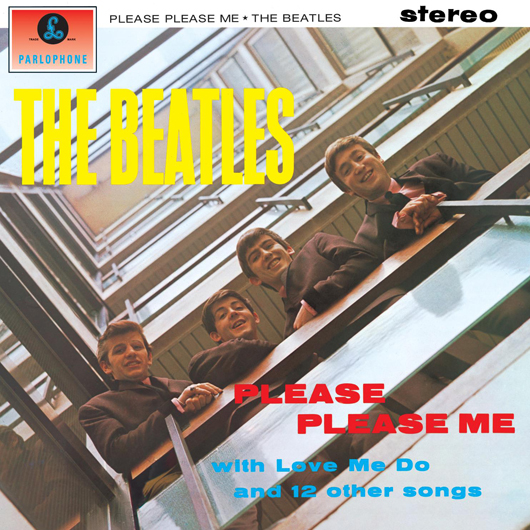
10. Please Please Me
The album that started it all: The Beatles’ debut LP includes Please Please Me, I Saw Her Standing There and (among six cover versions) The Fab Four’s raucous version of Twist And Shout.
FACT: During the album’s 9 hour and 45 minute recording process, Twist And Shout was kept until last because John Lennon’s cold-infected throat would be ripped to shreds by the song’s ferocious vocal.
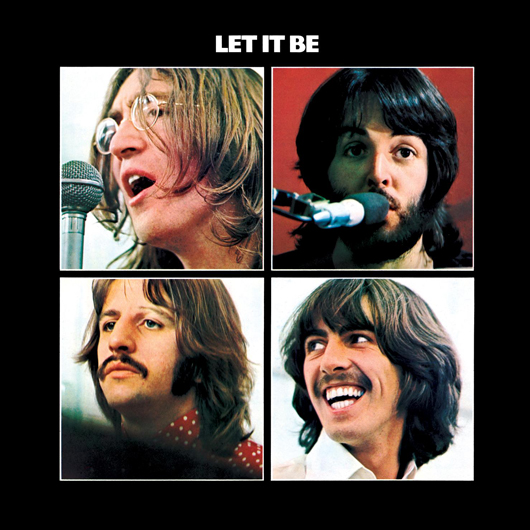
9. Let It Be
Let It Be was The Fab Four’s final studio release, although because much of it was recorded in January 1969 (before Abbey Road), many critics argue it should be considered as the penultimate one. Regardless, whether you prefer the original 1970 release, or the Phil Spector-less Let It Be... Naked 2003 release, anything containing Get Back, Across the Universe and One After 909 is ok by us.
FACT:One After 909 saw The Beatles revisit a Lennon-pennedoriginal possibly written as early as 1957. To hear the original arrangement, check out Anthology 1.
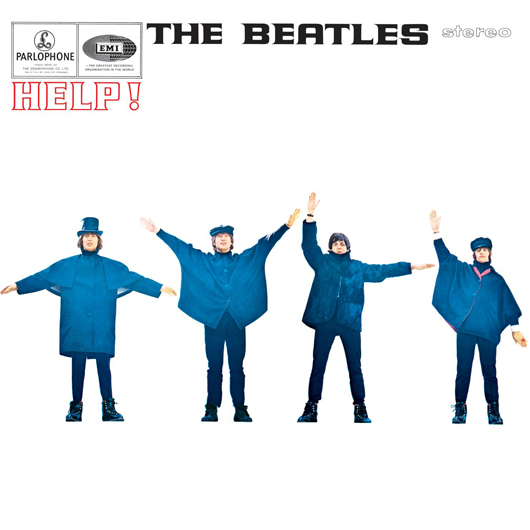
8. Help!
The fifth UK album and the second Beatles film soundtrack, Help!, is a veritable beehive of fabulous hits: Help!, Ticket To Ride, Yesterday, You’ve Got To Hide Your Love Away… need we say more?
FACT: The arm positioning on the album artwork is supposed to spell out HELP in flag semaphore but, according to cover photographer Robert Freeman “those letters didn't look good.” It actually spells out NUJV.
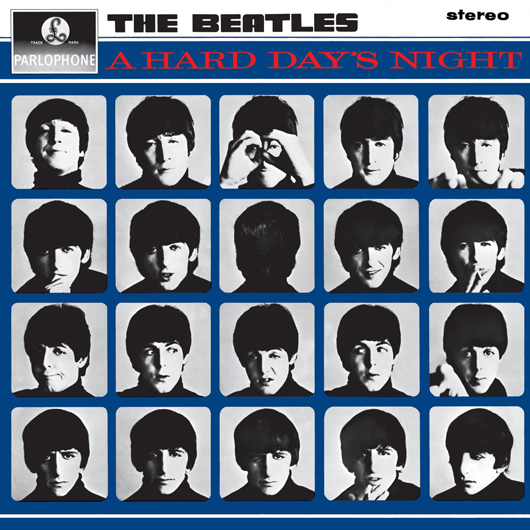
7. A Hard Day's Night
The third album is actually a soundtrack to the band’s first film of the same name (although none of side two’s tracks were used), and includes another number one single of the same name. It was the first all-original Beatles album (no covers).
FACT: Beatles' manager Brian Epstein has an uncredited cameo in the A Hard Day's Night movie.
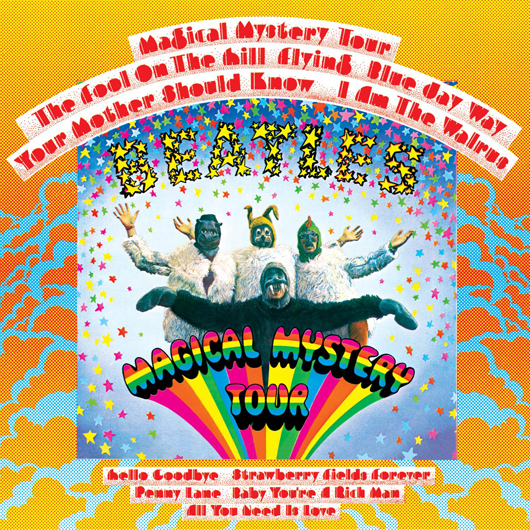
6. Magical Mystery Tour
The highest-charting soundtrack in this list is Magical Mystery Tour from the one hour-long television film of the same name. Although the movie was critically mauled, it's difficult to argue with an LP that features Penny Lane, All You Need Is Love, Hello Goodbye, Strawberry Fields Forever, Baby You’re A Rich Man and I Am The Walrus.
FACT: The instrumental Flying was the first Beatles song with the writing credited to all four members.
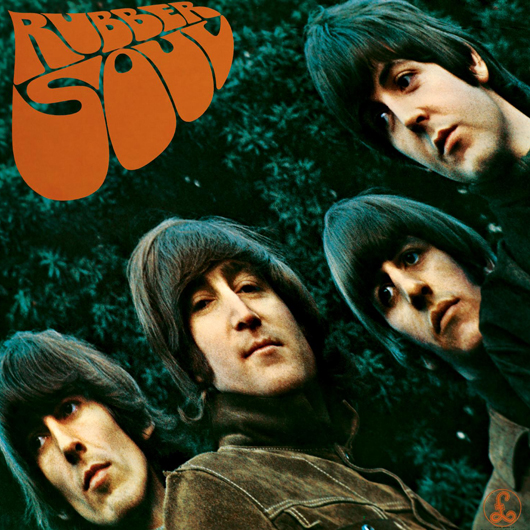
5. Rubber Soul
The sixth studio album was (and still is) cited as a major artistic achievement and marks an evolution in the band’s musical vision. Incredibly, only one track (Nowhere Man + b-side What Goes On) made it as a single release (US-only). Drive My Car, Norwegian Wood, Michelle, In My Life… anyone?
FACT: Norwegian Wood (This Bird Has Flown) is generally credited as the first pop recording to feature a sitar. This, and the sped-up piano that sounds like a harpsichord on In My Life, marked the beginning of the band’s penchant for bringing unconventional instrumentation into the studio.
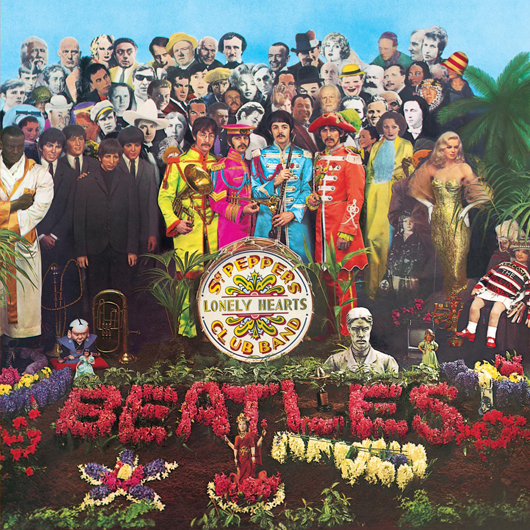
4. Sgt Pepper's Lonely Hearts Club Band
The Beatles’ eighth LP and perennial ‘best album ever’ chart-topper Sgt Pepper’s only managed a fourth place spot in your list. But while some might call it overrated, it is, without a doubt, a defining record of psychedelic rock which invented, reinvented and simultaneous wrote and ripped up the rule book of experimental recording.
FACT: Many aficionados insist that Pepper has more punch in mono. Try it!
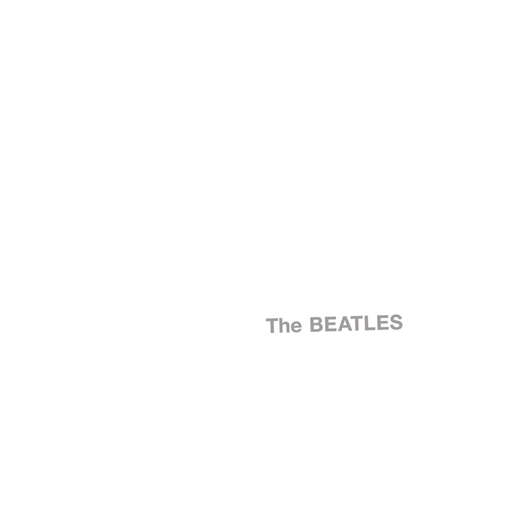
3. The Beatles ('White Album')
In third place with a well-deserved 16% of the overall vote is The Beatles ninth, self-titled LP, often referred to as The White Album. Most of the songs were written during the band’s period of ‘transcendental meditation’ with Maharishi Mahesh Yogi in Rishikesh, India.
The album features George Harrison’s arguably best song to date While My Guitar Gently Weeps while Yoko Ono’s influence also becomes apparent with Revolution 9.
FACT: The album was originally titled A Doll’s House but the name was dropped after British prog outfit Family released the similarly-titled LP, Music In A Doll’s House, four months earlier.
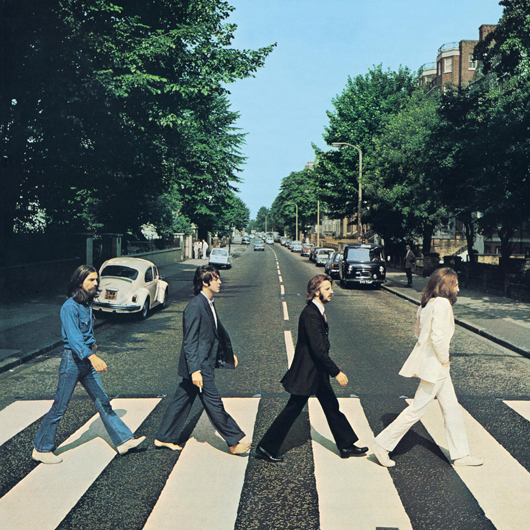
2. Abbey Road
The Beatles’ penultimate LP release Abbey Road just misses out on the top spot with 23% of the vote. Named after the location of the studio it (and most of the other Beatles music) was recorded in, the album was the last released before the group split in 1970.
While only one song, Something, was released as a single (George Harrison’s first), the tracklist is a treasure trove of tunes including Come Together, Here Comes The Sun and I Want You (She’s So Heavy).
Let’s just ignore Maxwell’s Silver Hammer, shall we?
FACT: Paul's bare feet on the cover are one of several signs that he's dead, apparently.
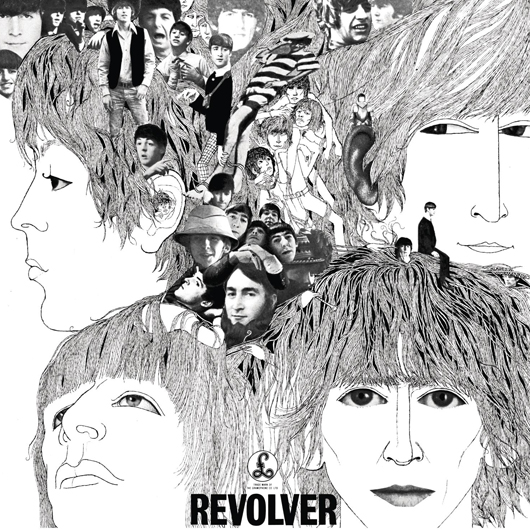
1. Revolver
In first place, with a nail-biting 24% of the public vote is The Beatles’ seventh studio effort: Revolver. Following Rubber Soul’s folk-inspired haze, our chart-topper was considered a much more rocking effort, thanks in part to John Lennon’s guitar-heavy contributions: And Your Bird Can Sing, She Said She Said and Dr Robert, to name but a few.
Paul McCartney is also firing on all glorious cylinders with Eleanor Rigby, Here, There And Everywhere and For No One, while Revolver also marks George Harrison’s first real venture to ‘the fore’ with Taxman and Love You To.
And Ringo Starr takes lead vocals on Yellow Submarine. Come on!
FACT: During recording The Beatles adopted the automatic double tracking (ADT) technique - the process of using two tape recorders to automatically create a double vocal track. It was invented by EMI engineer Ken Townsend and, in large part thanks to Revolver, quickly became a standard pop production technique, leading to other developments including the chorus effect.
More Beatles...
MusicRadar is the internet's most popular website for music-makers of all kinds, be they guitarists, drummers, keyboard players, DJs or producers.
GEAR: We help musicians find the best gear with top-ranking gear round-ups and high-quality, authoritative reviews by a wide team of highly experienced experts.
TIPS: We also provide tuition, from bite-sized tips to advanced work-outs and guidance from recognised musicians and stars.
STARS: We talk to artists and musicians about their creative processes, digging deep into the nuts and bolts of their gear and technique. We give fans an insight into the actual craft of music-making that no other music website can.
